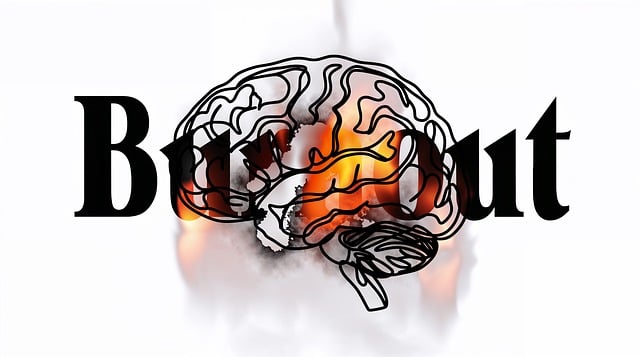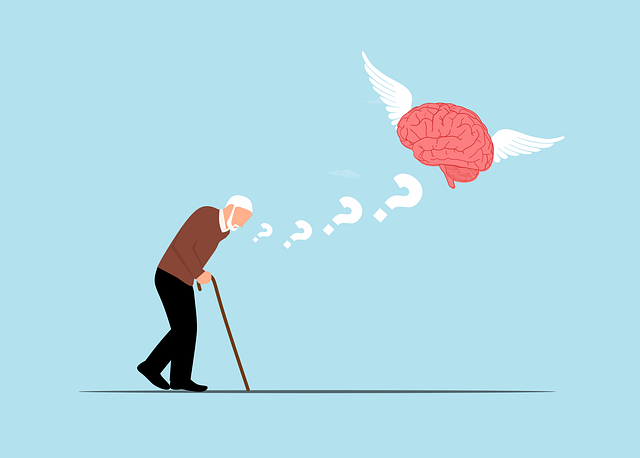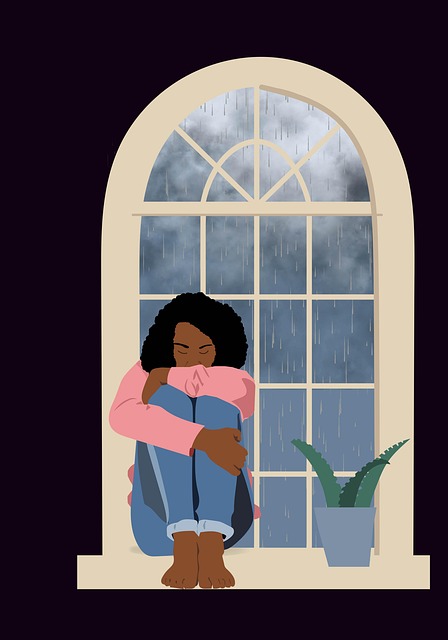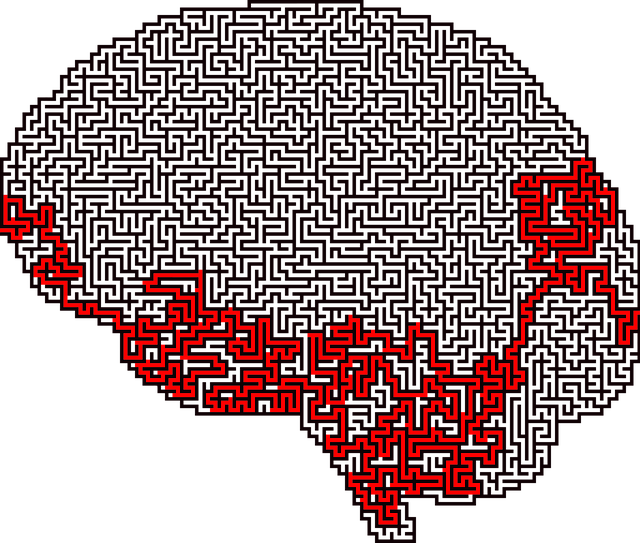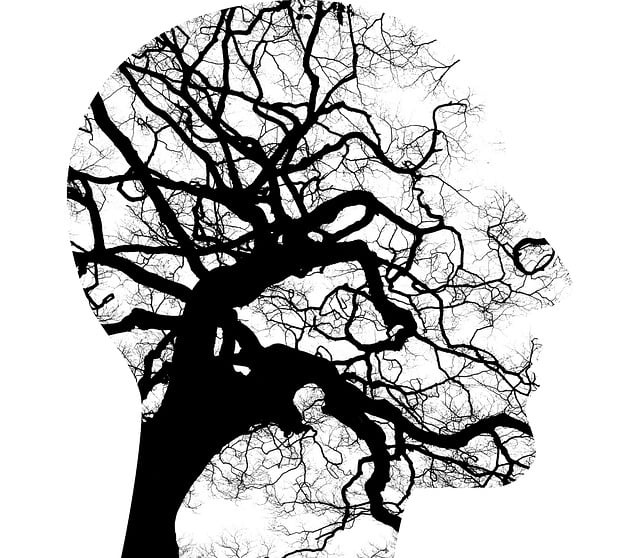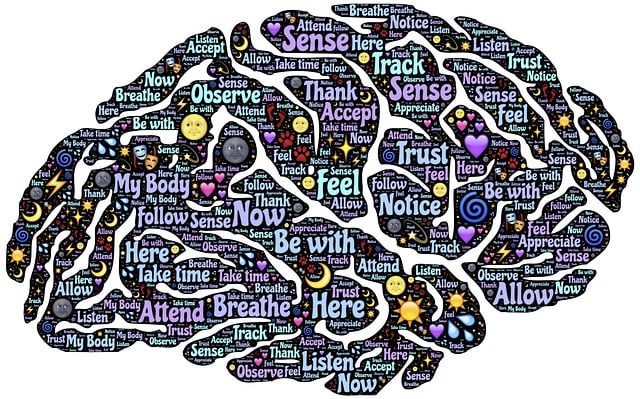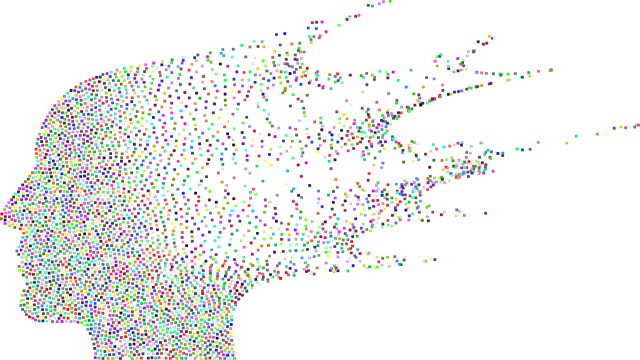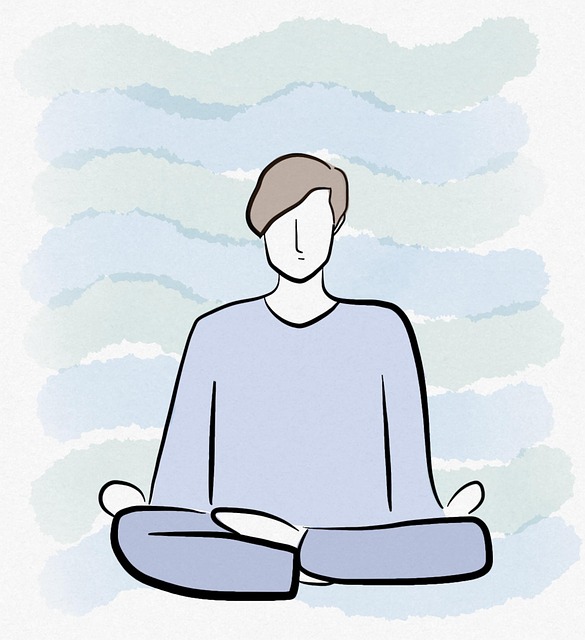In today's diverse society, cultural sensitivity is crucial in mental healthcare for young children. Therapists must appreciate individual backgrounds and employ culturally aligned techniques, such as biofeedback, to address issues like anxiety and depression. This approach prevents burnout, enhances treatment outcomes, and destigmatizes mental health. By integrating multilingual resources, mindfulness practices, and public awareness campaigns, therapists can create inclusive environments that validate diverse cultural backgrounds, leading to improved mental well-being for young clients.
Cultural sensitivity is a cornerstone of modern mental healthcare, especially when treating young children. Understanding cultural diversity enhances therapeutic outcomes, making services more inclusive and effective. This article explores key aspects of cultural sensitivity in mental health practice, focusing on biofeedback techniques as a culturally responsive approach. We discuss the impact on young children’s therapy, overcoming barriers to cultural competence, and best practices for providing comprehensive, inclusive mental health services.
- Understanding Cultural Diversity in Mental Healthcare
- The Impact of Cultural Sensitivity on Young Children's Therapy
- Biofeedback Techniques: A Culturally Responsive Approach
- Overcoming Barriers: Challenges and Solutions in Cultural Competence
- Best Practices for Providing Inclusive Mental Health Services
Understanding Cultural Diversity in Mental Healthcare

In today’s diverse society, cultural sensitivity is paramount in mental healthcare practices. Recognizing and appreciating the unique backgrounds, beliefs, and values of individuals from various ethnic groups is essential to delivering effective therapy. This understanding is crucial when treating young children, as their experiences and perceptions are deeply influenced by their culture. For instance, when exploring therapy for young children with issues like anxiety or depression, mental health professionals must be adept at employing techniques that resonate with the child’s cultural context, ensuring comfort and fostering open communication.
The concept of cultural diversity extends beyond ethnicity; it encompasses religion, socioeconomic status, gender identity, and more. Incorporating strategies tailored to these aspects in practices such as biofeedback for stress reduction can prevent burnout among professionals while promoting mental health awareness. By being mindful of these differences, therapists can create a safe space that encourages expression, enhances treatment outcomes, and contributes to the overall well-being of their diverse clientele.
The Impact of Cultural Sensitivity on Young Children's Therapy

Cultural sensitivity is a cornerstone in mental healthcare that significantly impacts therapy for young children. Understanding and respecting diverse cultural backgrounds, beliefs, and practices enable therapists to create safe and inclusive environments, fostering better engagement and outcomes. When working with young clients, it’s crucial to incorporate mind over matter principles that acknowledge the interplay between cultural identity and mental well-being. By integrating these insights into therapy sessions, practitioners can help children develop healthy coping mechanisms tailored to their unique cultural contexts.
Incorporating conflict resolution techniques that are culturally sensitive is also vital. Children from diverse backgrounds may have different ways of expressing emotions and resolving disagreements, which therapists should recognize and adapt to. This approach not only enhances the effectiveness of therapy but also contributes to building strong therapeutic alliances. Moreover, raising public awareness through public awareness campaigns development can help destigmatize mental health issues within various communities, encouraging more children and families to seek necessary support and access effective therapies like biofeedback.
Biofeedback Techniques: A Culturally Responsive Approach

Biofeedback techniques offer a unique and culturally responsive approach within mental healthcare, particularly when applied to therapy for young children. By teaching coping skills through real-time feedback on physiological responses, biofeedback empowers kids and their families to understand and manage stress and anxiety. This non-invasive method allows children to develop self-regulation abilities, which can be especially beneficial in navigating cultural barriers and reducing the stigma associated with mental illness.
In diverse communities, where burnout prevention is a growing concern, biofeedback provides an engaging alternative to traditional therapy. It offers a way to enhance cultural sensitivity by incorporating age-appropriate activities that resonate with various backgrounds. Through interactive exercises, children can learn to recognize and modify their emotional states, fostering a sense of control and empowerment. This proactive approach not only supports mental well-being but also encourages the development of healthy coping strategies tailored to individual needs.
Overcoming Barriers: Challenges and Solutions in Cultural Competence

Providing therapy for young children requires a nuanced approach that considers cultural sensitivity. Overcoming barriers to cultural competence is essential to ensure effective treatment and build trust with families from diverse backgrounds. One significant challenge is the potential language difference between therapists and clients, which can hinder open communication. To address this, therapists should offer multilingual resources, employ qualified interpreters, and learn basic phrases in the child’s native language.
Additionally, cultural norms and beliefs may influence a family’s perception of mental health and treatment. Public awareness campaigns focused on destigmatizing mental health issues and promoting understanding of diverse cultural practices can help bridge this gap. Incorporating techniques like mindfulness meditation and biofeedback into therapy has shown promise in treating anxiety relief for children, while also respecting and incorporating familial values where possible.
Best Practices for Providing Inclusive Mental Health Services

Providing inclusive mental health services requires a deep understanding and respect for cultural diversity. When working with young children, therapists must create a safe, welcoming environment that validates and respects each child’s unique cultural background and experiences. Best practices include incorporating culturally sensitive techniques like storytelling, art therapy, and music to engage diverse learners. Additionally, therapists should encourage family involvement, allowing parents or caregivers to participate in sessions and contribute their perspectives.
Specific approaches such as biofeedback can be adapted to cater to different cultural needs. This non-invasive method teaches children relaxation strategies, helping them manage stress and anxiety through real-time feedback of physiological data. By combining these techniques with social skills training, therapists can foster mental wellness and prevent burnout among young clients while promoting culturally responsive care.
Cultural sensitivity is a cornerstone of effective mental healthcare, especially when treating young children. By integrating approaches like biofeedback techniques and adopting best practices for inclusive services, therapists can create safe and supportive environments that cater to the diverse needs of their patients. Overcoming barriers through education and cultural competence ensures that therapy for young children becomes more accessible and beneficial, ultimately enhancing mental health outcomes across various cultural backgrounds.
